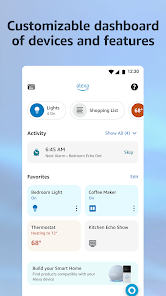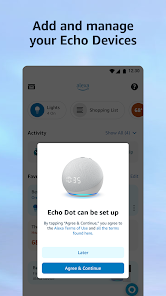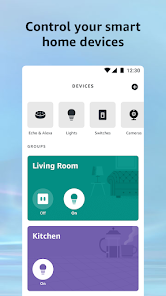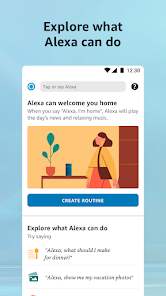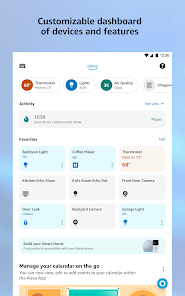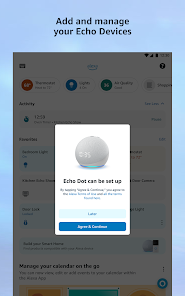Exploring the Benefits of Voice Assistants: A Look at Alexa and Similar Technologies
Introduction
Voice assistants have become increasingly integrated into our daily lives, offering a hands-free way to manage tasks, access information, and control smart home devices. These technologies use voice recognition and natural language processing to understand and respond to user requests. This post explores the common features and benefits of voice assistants, using Alexa as a prominent example.
Common Features of Voice Assistants
Voice assistants typically offer a range of functionalities:
- Smart Home Control: Many voice assistants can integrate with compatible smart home devices, allowing users to control lights, locks, thermostats, and other appliances with voice commands.
- Music and Audio Playback: These assistants can play music, audiobooks, podcasts, and radio stations from various streaming services.
- Task Management and Organization: Voice assistants can help users manage their schedules, create to-do lists and shopping lists, set reminders and alarms, and access weather and news updates.
- Information Retrieval: Users can ask questions and receive information on a wide range of topics, from current events to definitions and calculations.
- Communication and Connectivity: Some voice assistants enable communication features like making calls or sending messages to other compatible devices.
- Personalization and Adaptation: Many voice assistants learn and adapt to individual user preferences, improving their understanding of voice commands and providing more personalized responses over time. This can make interactions more efficient and intuitive.
Voice Assistant Examples
Several voice assistants are available, with Alexa, developed by Amazon, being a widely recognized example. Like other voice assistants, Alexa offers features such as smart home control, music and audio playback, task management, information retrieval, and communication. It also incorporates personalization features, adapting to users’ voice and preferences over time. A companion app is typically used to set up devices, manage settings, and access various functionalities.
Frequently Asked Questions (FAQ)
- Q: What devices are compatible with voice assistants?
- A: Voice assistants are available on a variety of devices, including smartphones, smart speakers, smart displays, and other smart home devices.
- Q: Do voice assistants require an internet connection?
- A: Yes, voice assistants typically require an active internet connection to process voice commands, access information, and control online services.
- Q: How do voice assistants learn my preferences?
- A: Voice assistants use machine learning algorithms to analyze user interactions and adapt to individual voice patterns, vocabulary, and preferences over time.
- Q: Are there privacy concerns with using voice assistants?
- A: As with any technology that collects and processes personal data, there are potential privacy considerations. It’s important to review the privacy policies of the voice assistant and the associated devices.
Final Words
Voice assistants offer a convenient and hands-free way to interact with technology and manage various aspects of daily life. From controlling smart home devices to accessing information and managing tasks, these technologies provide numerous benefits. As with any technology, it’s important to be aware of the potential privacy implications and take appropriate precautions.

